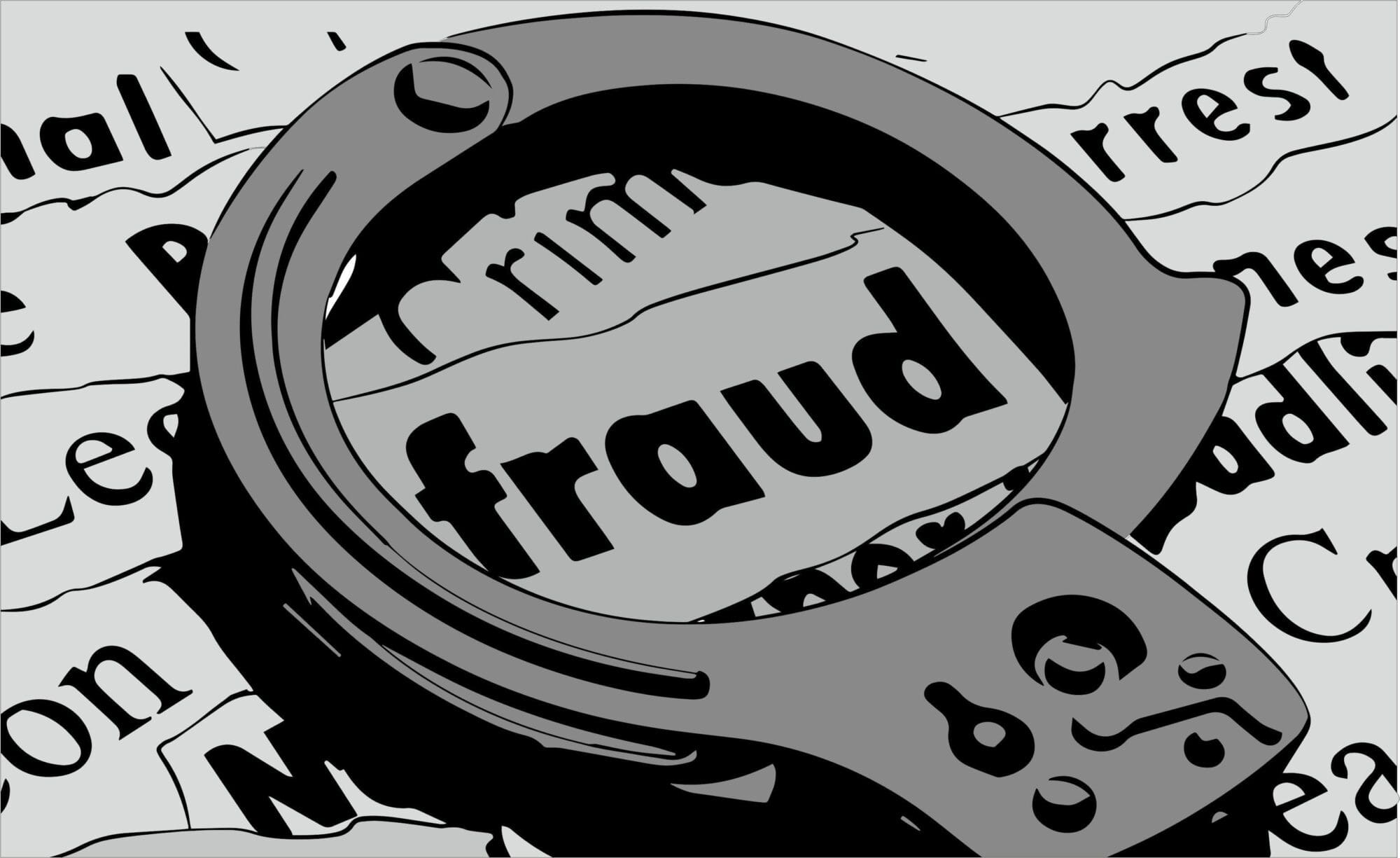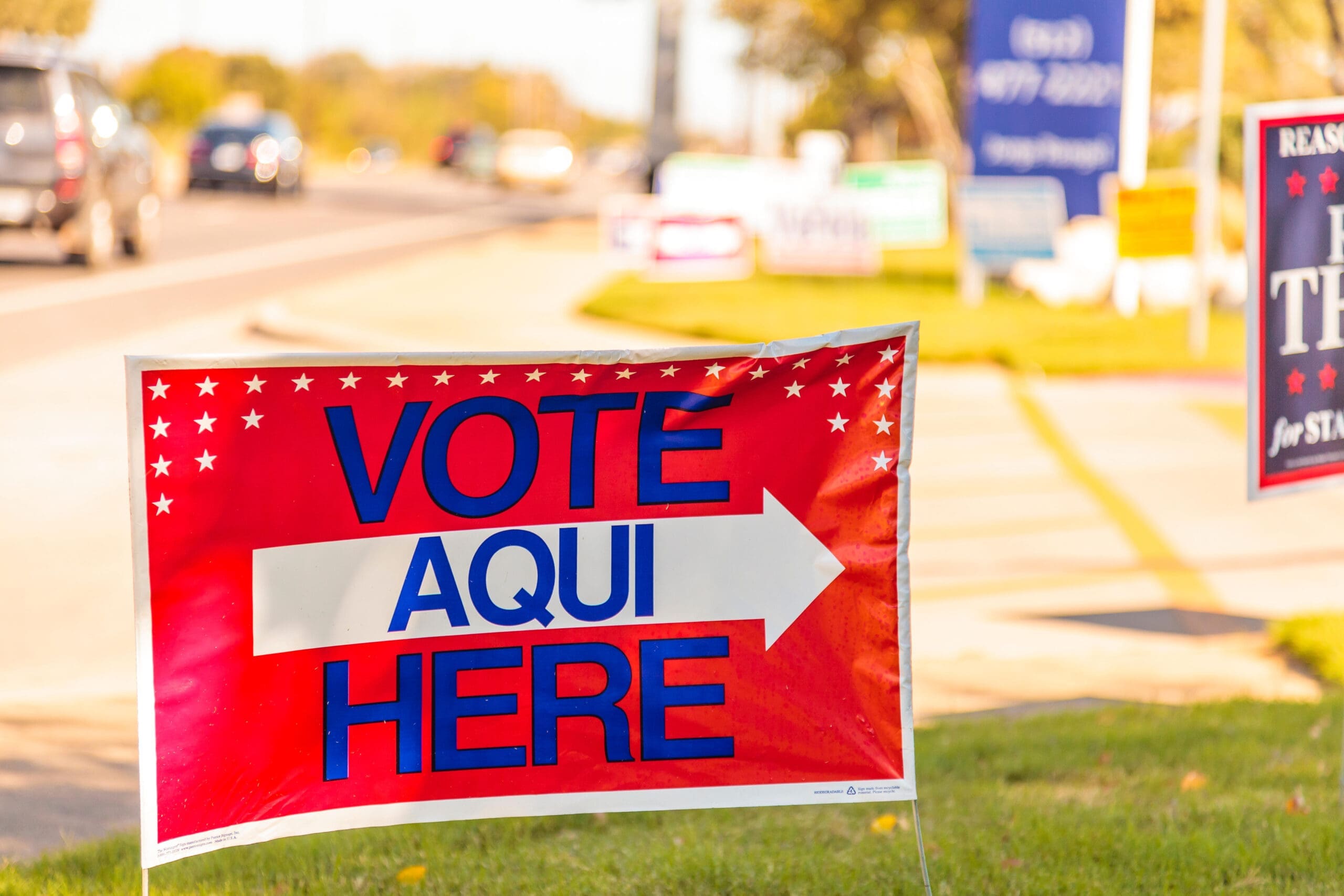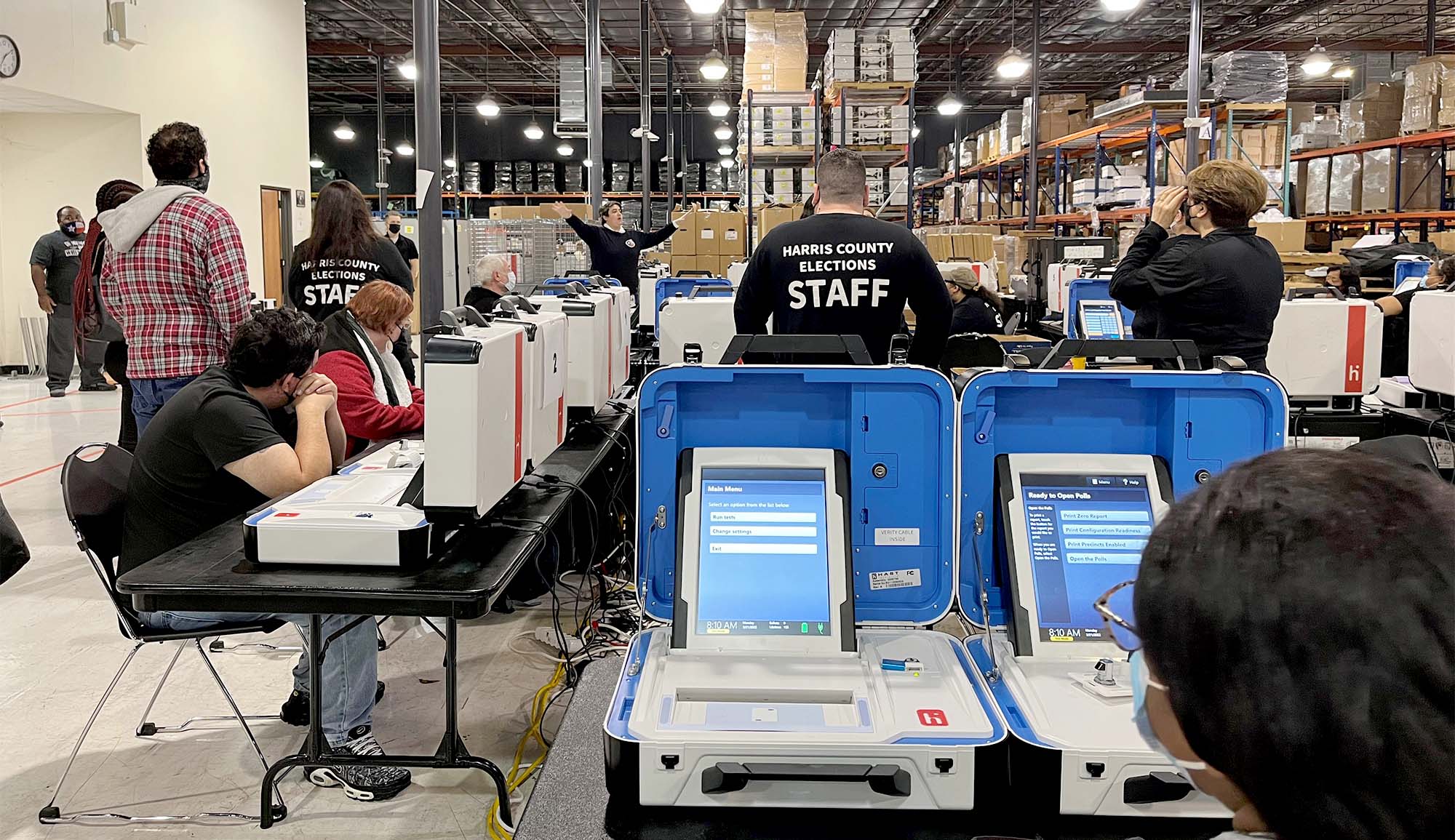A South Texas mayor charged with running a voter fraud scheme to win his election will have to resign or face voters again in a recall election if enough city voters sign a recall petition approved by city council last week.
Edinburg City Council members voted Friday to move forward with a citizen-initiated recall of Mayor Richard Molina. Edinburg residents have been calling for Molina to step down in the wake of allegations Molina and his campaign workers actively recruited voters residing outside the city to fraudulently register at Edinburg addresses so they could illegally vote for him in his 2017 mayoral election.
Molina unseated longtime incumbent Richard Garcia in that election by over 1,200 votes.
Molina and his wife, Dalia, were arrested in April and charged with felony voter fraud for enticing voters who live outside Edinburg to register at addresses inside the city where they didn’t live—including the address of an apartment complex Molina owns. Molina personally helped multiple voters fraudulently change their registration addresses ahead of his election while serving as a deputy voter registrar for Hidalgo County.
It’s against the law to register to vote at an address where you don’t live—a crime Texas lawmakers sought to escalate from a misdemeanor to a felony this legislative session at the request of state and local prosecutors. But the election reform package that included the enhanced registration fraud penalty died in the state House.
Making or inducing another person to make a fraudulent statement on a voter registration application is a Class B misdemeanor. Illegally voting where you don’t reside is a second-degree felony; engaging in organized election fraud activity to commit illegal voting upgrades the offense to a first-degree felony.
The mayor was charged with one first-degree and two second-degree felonies for allegedly orchestrating the illegal vote harvesting scheme; his wife was charged with one second-degree felony.
Sixteen others have been arrested for participating in the fraud, including some of Molina’s paid campaign workers and others tied to him and his campaign.
The latest suspect was arrested two weeks after Molina and charged with making a false statement on a voter registration form. Hidalgo County Elections Department records show the fraudulent form, listing an address in the city where the voter didn’t live, was signed by Molina acting as a deputy voter registrar.
Again acting as a deputy registrar, Molina signed off on registration address changes for Cynthia and Ruby Tamez to the apartment complex he owns in the city. The Tamezes were among 10 suspects arrested last October and charged with fraudulently changing their voter registrations.
Molina campaign worker Araceli Gutierrez was also arrested in October and accused of recruiting five people who live outside the city to change their voter registrations to her Edinburg home address. Three of the suspects were charged with illegally voting in Edinburg, as well.
Five others accused of participating in the scheme were arrested earlier in 2018 and charged with illegal voting and falsely claiming an Edinburg address on a voter registration form.
The investigation remains ongoing. Hidalgo County District Attorney Ricardo Rodriguez is prosecuting the case with the assistance of Texas Attorney General Ken Paxton’s Election Fraud Unit and the Texas Rangers.
“My office is appreciative of the many witnesses who have come forward and cooperated with the investigation, explaining how they were lured by an ambitious candidate into participating in an illegal voting scheme to elect Richard Molina,” Rodriguez said. “We encourage any additional witnesses who were pressured to engage in fraudulent voting in Molina’s election to step forward and cooperate with authorities.”
Molina has accused his political opponents of engaging in the same type of illegal behavior with which he’s been charged. Voter fraud cases are common in South Texas’ Rio Grande Valley, where campaign workers known as politiqueras have been caught falsifying voter registration and mail ballot applications as well as coercing voters under the guise of providing assistance.
Molina said in a statement following his arrest that he and his wife “respectfully deny any criminal wrongdoing and look forward to defending ourselves in the proper venue; that is a courtroom.”
“These charges will not affect my ability to perform the people’s work as your Mayor,” Molina added.
Recall petition forms for the mayor as well as all council members were approved in response to affidavits filed with the city by Edinburg voters. Citizens will have 30 days to collect enough signatures to force recall elections. Two-thirds of city voters would then have to approve the recall for Molina to be ousted as mayor.
However, the voter fraud charges against Molina and others undermine residents’ confidence that only eligible voters will participate in the recall or future elections.





